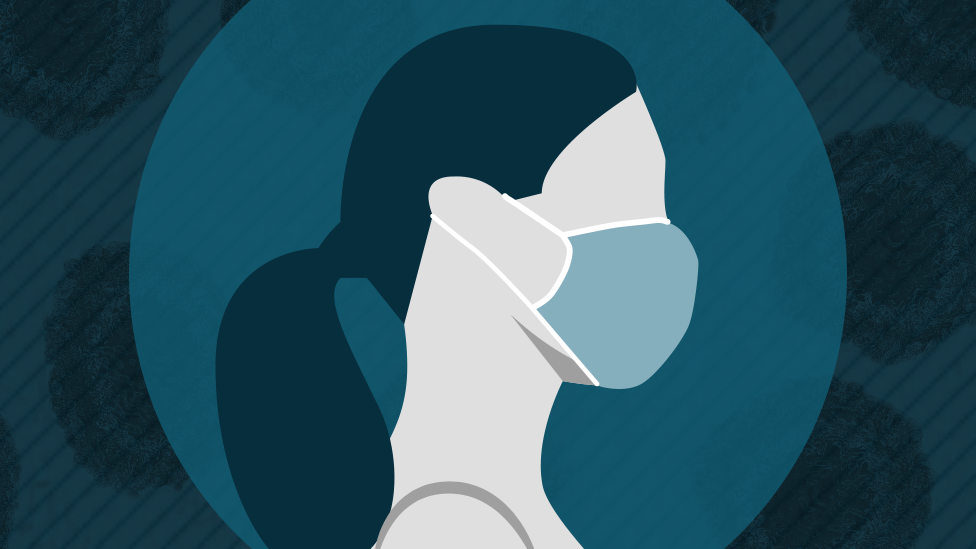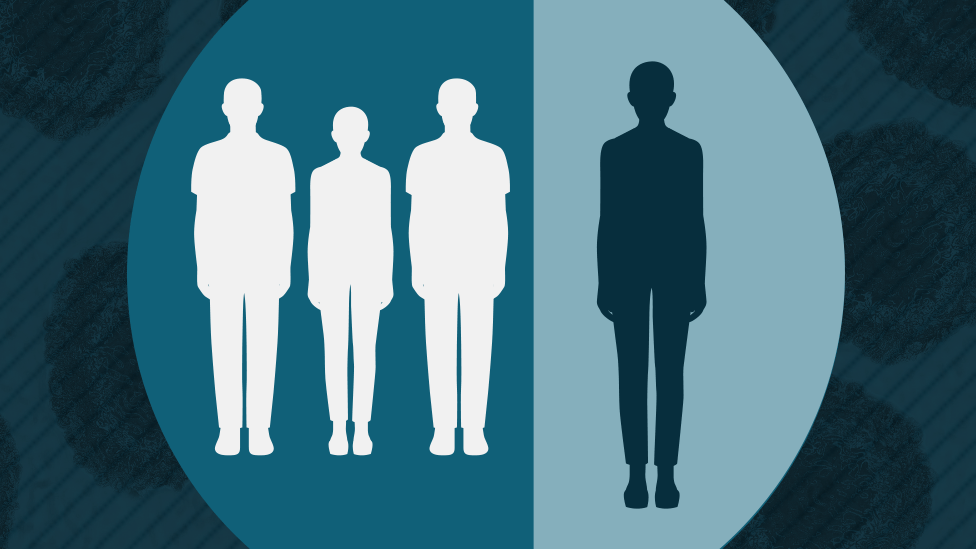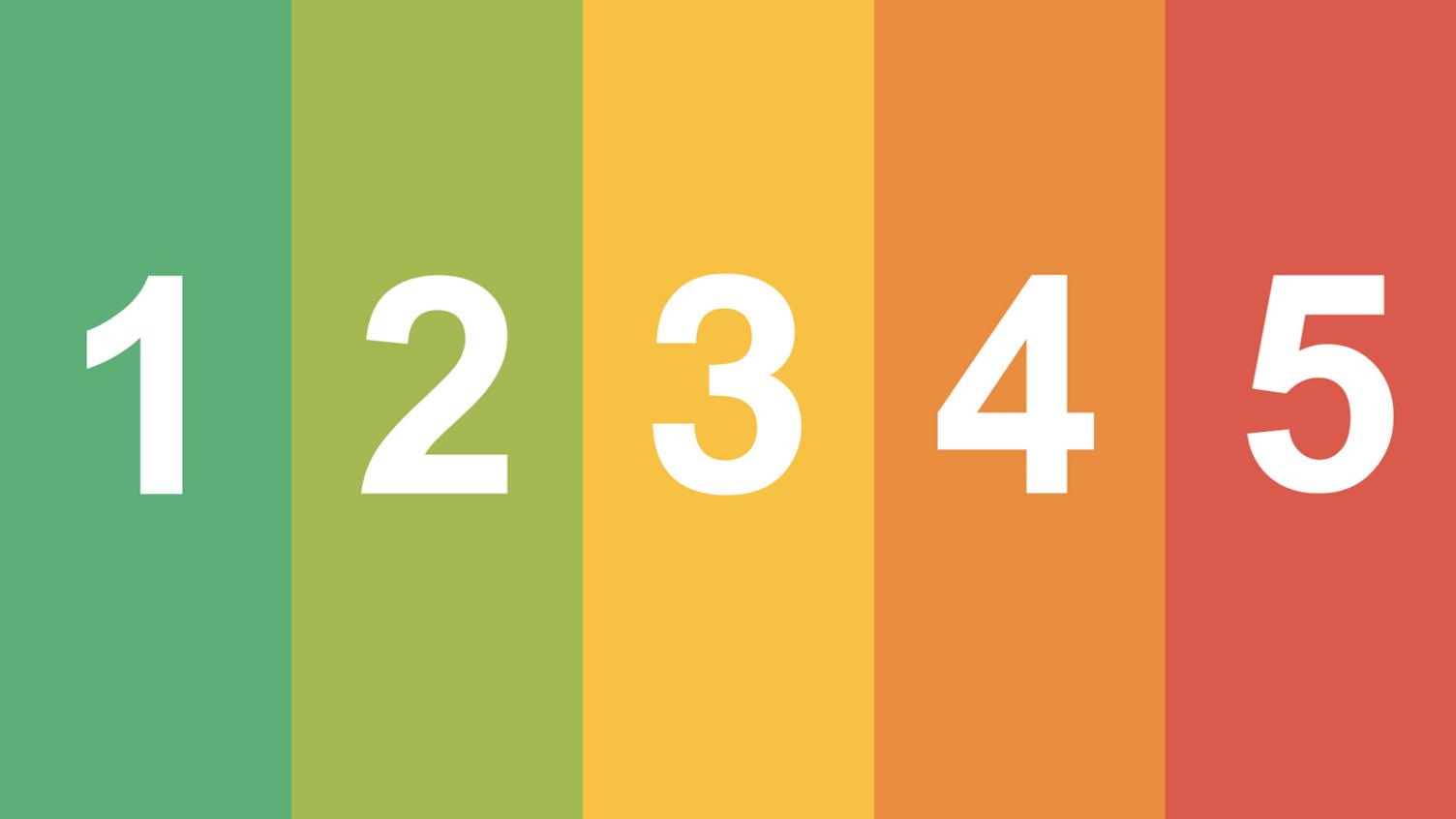Covid: Boris Johnson calls for 'resolve' to fight coronavirus over winter
- Published
Boris Johnson said that collective health depends on "individual behaviour"
Prime Minister Boris Johnson has called on the public to "summon the discipline and the resolve" to follow the new coronavirus rules announced on Tuesday.
In a television broadcast to the country he warned the government may go further if people do not stick to them.
Mr Johnson said while the vast majority have complied with the measures so far, "there have been too many breaches".
New restrictions were announced across the UK earlier, with Mr Johnson warning rules could last for up to six months.
In England,, external rules on face coverings have been expanded and the number of people allowed at weddings has been halved.
Pubs, restaurants and other hospitality venues will have to close by 22:00 BST, while the fines for breaking the rules will also increase to £200 on the first offence.
Hospitality venues will also have to close early in Scotland and Wales - but Scotland has gone further, banning people from visiting other people's homes. Northern Ireland has also already banned households mixing indoors.
It comes as the number of UK cases rose by 4,926 on Tuesday, government figures showed, external, with deaths increasing by 37.
'Can't just lock up elderly'
Speaking on Tuesday evening, Mr Johnson explained the new measures, saying they were "robust but proportionate".
"And to those who say we don't need this stuff, and we should leave people to take their own risks, I say these risks are not our own," he said.
"The tragic reality of having Covid is that your mild cough can be someone else's death knell.
"And as for the suggestion that we should simply lock up the elderly and the vulnerable - with all the suffering that would entail - I must tell you that this is just not realistic, because if you let the virus rip through the rest of the population it would inevitably find its way through to the elderly as well, and in much greater numbers."


Mr Johnson said he was "deeply, spiritually reluctant" to infringe on anyone's freedom, but added: "Unless we take action the risk is that we will have to go for tougher measures later."
"If people don't follow the rules we have set out, then we must reserve the right to go further," he added.
More police will be put on the streets and the Army will be used as back-up if need be, he said.
"If we follow these simple rules together, we will get through this winter together," he added. "There are unquestionably difficult months to come.
"And the fight against Covid is by no means over. I have no doubt, however, that there are great days ahead.
"But now is the time for us all to summon the discipline, and the resolve, and the spirit of togetherness that will carry us through."
Boris Johnson: "It would be tempting to think the threat had faded"
In her statement on Tuesday evening, Scottish First Minister Nicola Sturgeon said: "In a global pandemic of a virus with as yet no vaccine, we simply can't have 100% normality. No country can. So we must choose our priorities."
She said that although "today must feel like a step backwards", the country is "in a much stronger position than in the spring".
"It won't last forever and one day, hopefully soon, we will be looking back on it, not living through it," she said.
And she added: "I will never find the words to thank all of you enough for the enormous sacrifices you have made so far. And I am sorry to be asking for more."
Meanwhile, Wales' First Minister Mark Drakeford said: "In the weeks and months ahead of us, there is a very real possibility we could see coronavirus regain a foothold in our local communities, towns and cities. None of us wants to see that happen again".
And Northern Ireland's First Minister Arlene Foster has said tougher restrictions being imposed in the nation do not represent a second lockdown but should act as a "wake-up call".


A televised address from the prime minister is not the rarity it once was, but it's still a big moment.
The coronavirus pandemic has required Boris Johnson to appeal directly to the public on more than one occasion.
The gravity of the situation is such that, his argument goes, a renewed national effort is required to bring the virus back under control.
Behind the echoes of wartime rhetoric and Johnsonian linguistic flourishes was a simple message; stick with it for six months and we'll get through this.
But as he acknowledged, there are some who say he's taking the wrong decisions and the public's patience for further restrictions may not be what it was six months ago.
There was optimism that better days lay ahead but a vaccine and mass testing were "hopes and dreams" not the reality, not now.
Scotland's First Minister had gone further so comparisons will be inevitable; which tactics will work?
While England and the UK's nerve is being tested again, so too is the prime minister and the government's leadership and its strategy.


THE R NUMBER: What it means and why it matters
LOCAL LOCKDOWNS: What happens if you have one?
FACE MASKS: When do I need to wear one?
WEDDINGS: Can I have a reception with guests?
SOCIAL LIFE: Is it safe to go to the pub?

Earlier, Mr Johnson told MPs that the new rules were "carefully judged" to achieve the maximum reduction in the R number - which measures how quickly the virus is spreading - while causing "the minimum damage to lives and livelihoods".
If these restrictions fail to bring the R number below one - the point where the epidemic is no longer growing - "then we reserve the right to deploy greater fire power with significantly greater restrictions" he said.
The latest R estimate for the whole of the UK is between 1.1 and 1.4.
Mr Johnson said that unless progress was made, people should assume the restrictions would remain in place "for perhaps six months".
But Ms Sturgeon said the rules in Scotland would "not necessarily" be in place for as long as six months - and would be reviewed every three weeks.
Labour's shadow health secretary Jonathan Ashworth told the BBC the new restrictions could have been avoided if the government "fixed testing and tracing".
Mr Ashworth said Labour supported the new measures but that "we shouldn't have been here".
"So what we need to do now is drive infections down, we all need to follow the rules, but the government in return have really got to fix this testing system and this tracing system, and give people the support when they need to isolate."

What are the new rules?
In England:
Office workers are being told to work from home again if possible
Penalties for not wearing a mask or gathering in groups of more than six will increase to £200 on the first offence
From Thursday 24 September, all pubs, bars and restaurants will be restricted to table service only. Takeaways can continue
Also from Thursday, hospitality venues must close at 22:00 - which means shutting then, not calling for last orders (in Scotland the same curfew rule comes into force on Friday)
Face coverings must be worn by all taxi passengers from Wednesday
Retail staff and customers in indoor hospitality venues will also have to wear masks from Thursday, except when seated at a table to eat or drink
From Monday 28 September, only 15 people will be able to attend weddings and civil partnerships, in groups of six. Funerals can still take place with up to 30 people
Also from 28 September, you can only play adult indoor sports in groups of less than six
The planned return of spectators to sports venues will now not go ahead from 1 October
In Scotland:
People across Scotland are being advised not to visit other households indoors from Wednesday 23 September onwards. This will become law from Friday
There will be exceptions for those living alone, or alone with children, who form extended households. The rules will also not apply to couples who do not live together, or to tradespeople or for the provision of informal childcare - such as by grandparents
From Friday, pubs and restaurants will have to close by 22:00
The first minister urged people not to book overseas travel for the October school holiday
In Wales:
Pubs, cafes and restaurants in Wales will have to close by 22:00 from Thursday - and sales of alcohol from off-licences and supermarkets will also be stopped after that time
Pubs will also be required to provide table service only
In Northern Ireland:
From now, people cannot meet anyone who they don't live with inside their home
There are only limited exceptions., external

- Published16 March 2022

- Published25 January 2022

- Published5 July 2023

- Published13 December 2021
